
Funding programme and background
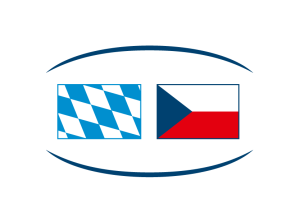

Fish farming in ponds is of great economic, infrastructural and ecological importance in Central Europe. However, climate change is leading to delayed and extreme precipitation, which can impair pond functions as deposits build up from soil erosion, for example. The nutrients released from the sludge and the higher temperatures trigger algal blooms, oxygen deficiency and substance emissions. This project aims to reduce eutrophication in ponds by using natural nutrient sorbents extracted from the ponds before fishing. The extent to which natural nitrification inhibitors can increase adsorption is being investigated. This innovative approach could reduce the build-up of the sludge layer, increase water retention and lead to improved regional water management. The innovation would reduce nutrient emissions to receiving waters (e.g. rivers) and the atmosphere. The nutrient-rich sorbents can be sold as fertiliser, thus strengthening the circular economy. The experience of the project partners and the target group and regional aquaculture SMEs with different size structures from both sides of the border is necessary to solve the above-mentioned challenges. In the joint project, a solution approach can be tested in both regions in order to derive recommendations for pond areas throughout the EU and increase the income of pond farmers.
With the help of natural nutrient sorbents & potentially nitrification inhibitors, the build-up of the sludge layer is reduced and ponds make a better contribution to regional water management. Fewer nutrient emissions pollute transboundary, natural waters and the air. This contributes to specific objective 7 "Improve the protection [...] of nature [...]", as the near-natural, blue infrastructure of extensive ponds is preserved. These ponds are often the cornerstone of the Natura 2000 and FFH areas in the Bavarian-Czech border region and in some cases harbour more Red List species than floodplains. As the siltation of the ponds is reduced, fewer expensive melioration measures are necessary. The water quality in the ponds and in the receiving waters (streams, rivers) remains at a high level, so that sensitive fauna and flora retain the habitat in the ecosystem or explore it anew. SME fish farms can produce more cheaply and receive a new source of income.

Jihočeská univerzita v Českých Budějovicích
Fakulta rybářství a ochrany vod
Branicovská 1645/31a
370 05 Budweis
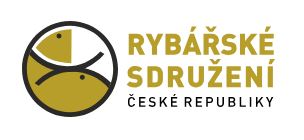
Rybářské sdružení České republiky
Lidická 2156/108a
370 01 České Budějovice

TEGO - Upper Palatinate Pond Co-operative
Colonnade 19
92551 Stulln

Fischerzeugerring Oberpfalz of the
State Board of Trustees of the Producer Rings for
animal refinement in Bavaria e.V.
Hoher-Bogen-Str. 10
92421 Schwandorf
Landesfischereiverband Bayern e.V.
Mittenheimer Straße 4
85764 Oberschleissheim
The research here is tough.


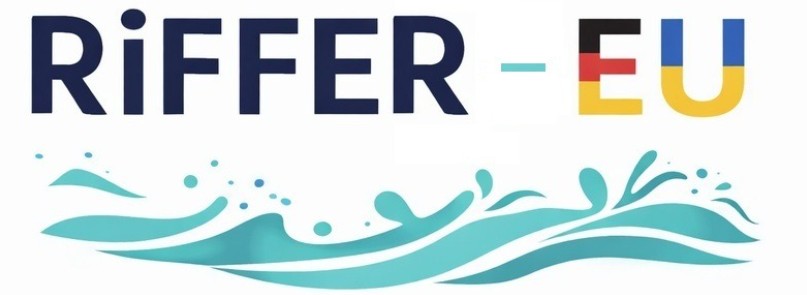

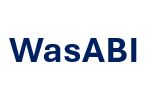
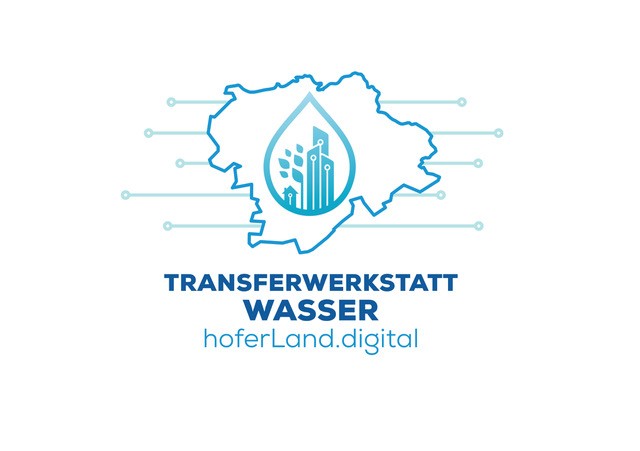
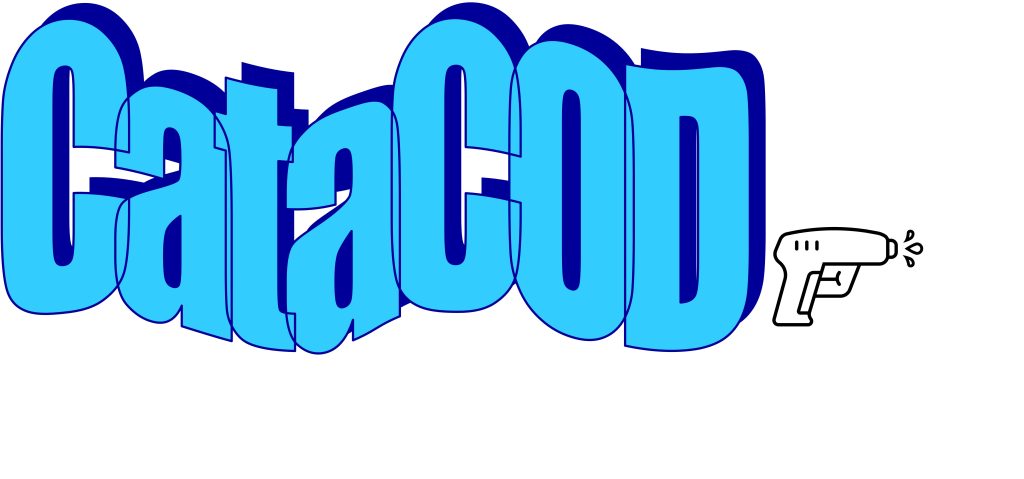



News about the inwa and its events.